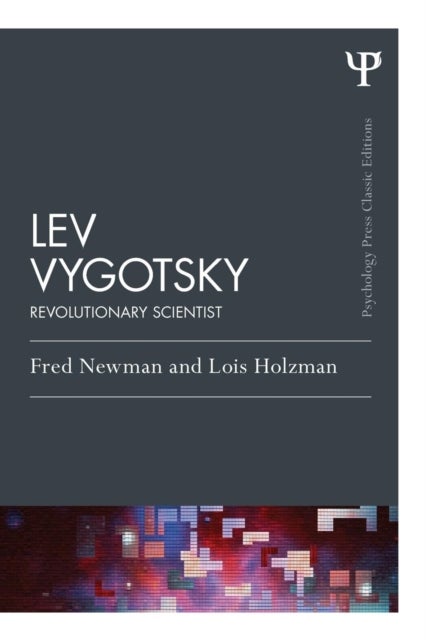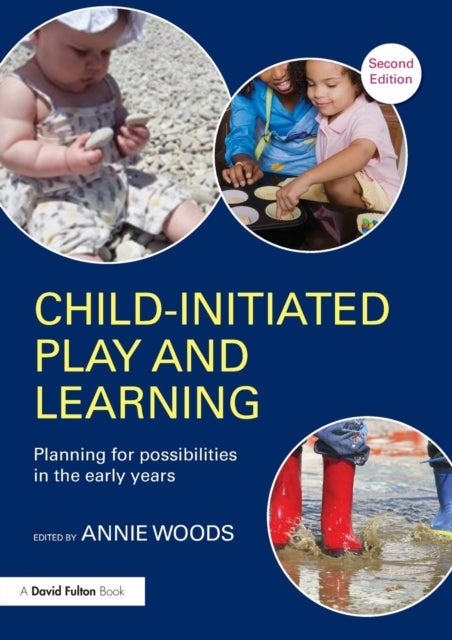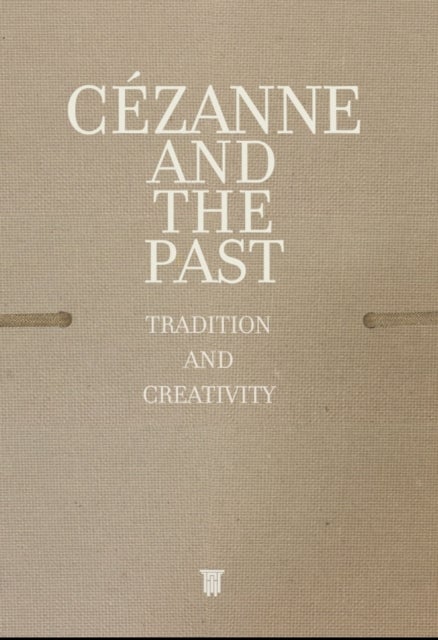
Lev Vygotsky (Classic Edition) av Fred Newman, Lois (East Side Institute USA) Holzman
649,-
<P>When <I>Lev Vygotsky: Revolutionary Scientist</I> published, it was unique in several ways. It presented Vygotsky as a Marxist methodologist, both locating him in his historical period and delineating how his life and writings have been a catalyst for a contemporary revolutionary, practical-critical, psychology. It highlighted Vygotsky¿s unconventional view of how development and learning are related and, in doing so, brought human development into prominence. It introduced important linkages between Vygotsky¿s views on thinking and speaking and those of Wittgenstein, drawing implications for language acquisition and language learning. And it drew attention to Vygotsky¿s understanding of the role of play in child development, and expanded on the significance of play throughout the lifespan. In these ways, this classic text presented a more expansive Vygotsky than previously understood.</P><P></P><P>The Introduction to this Classic Edition will summarize what has transpired in the ye








